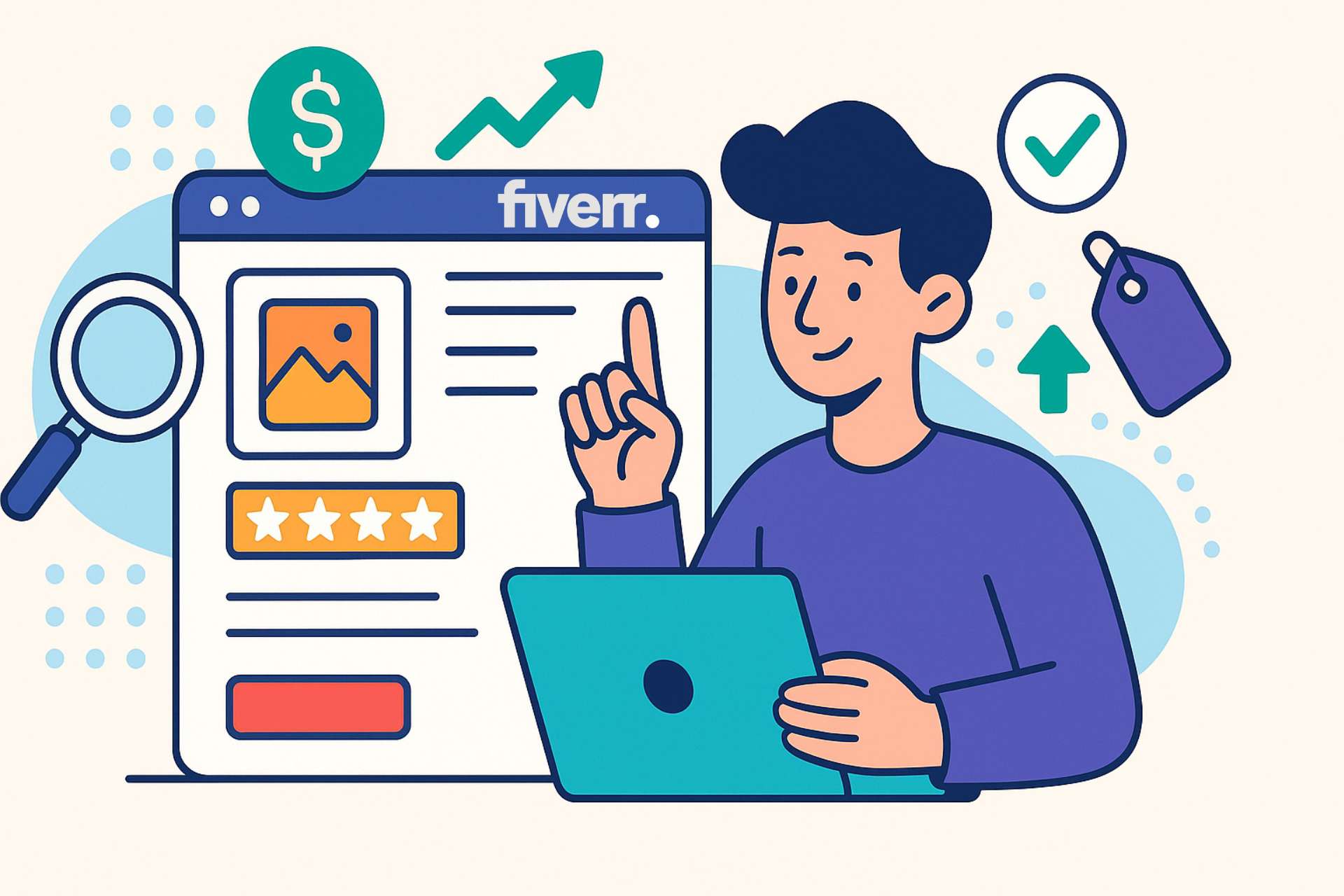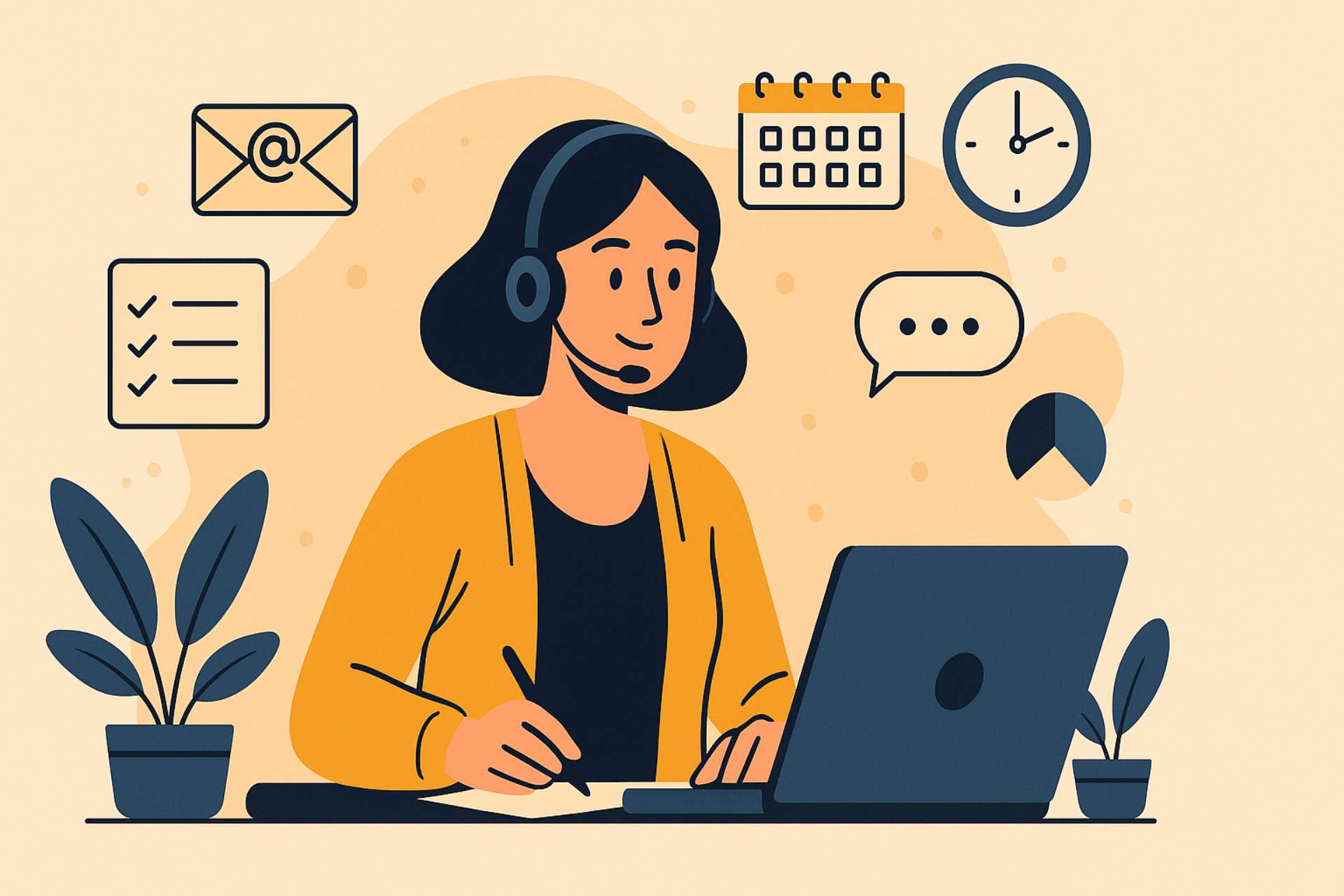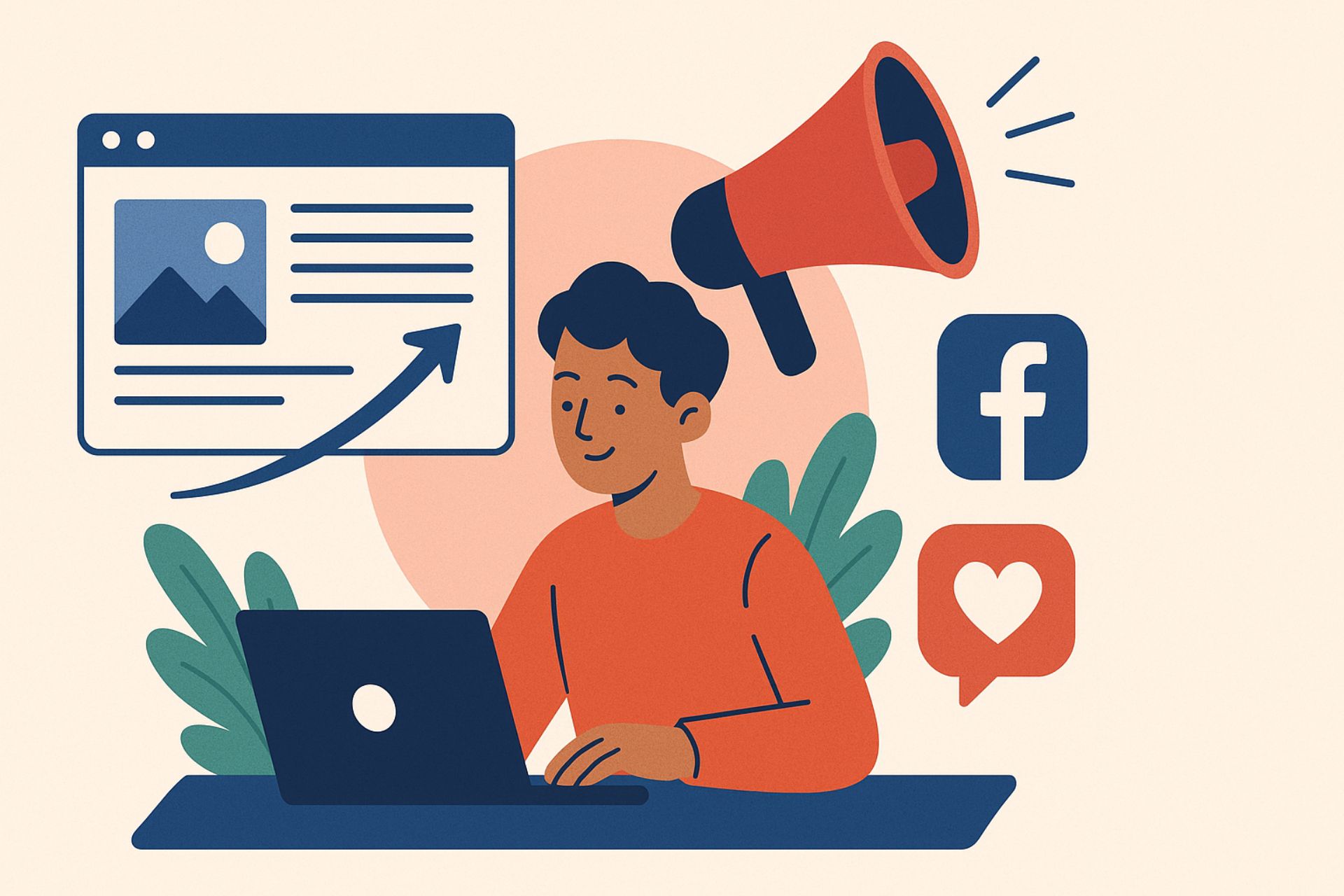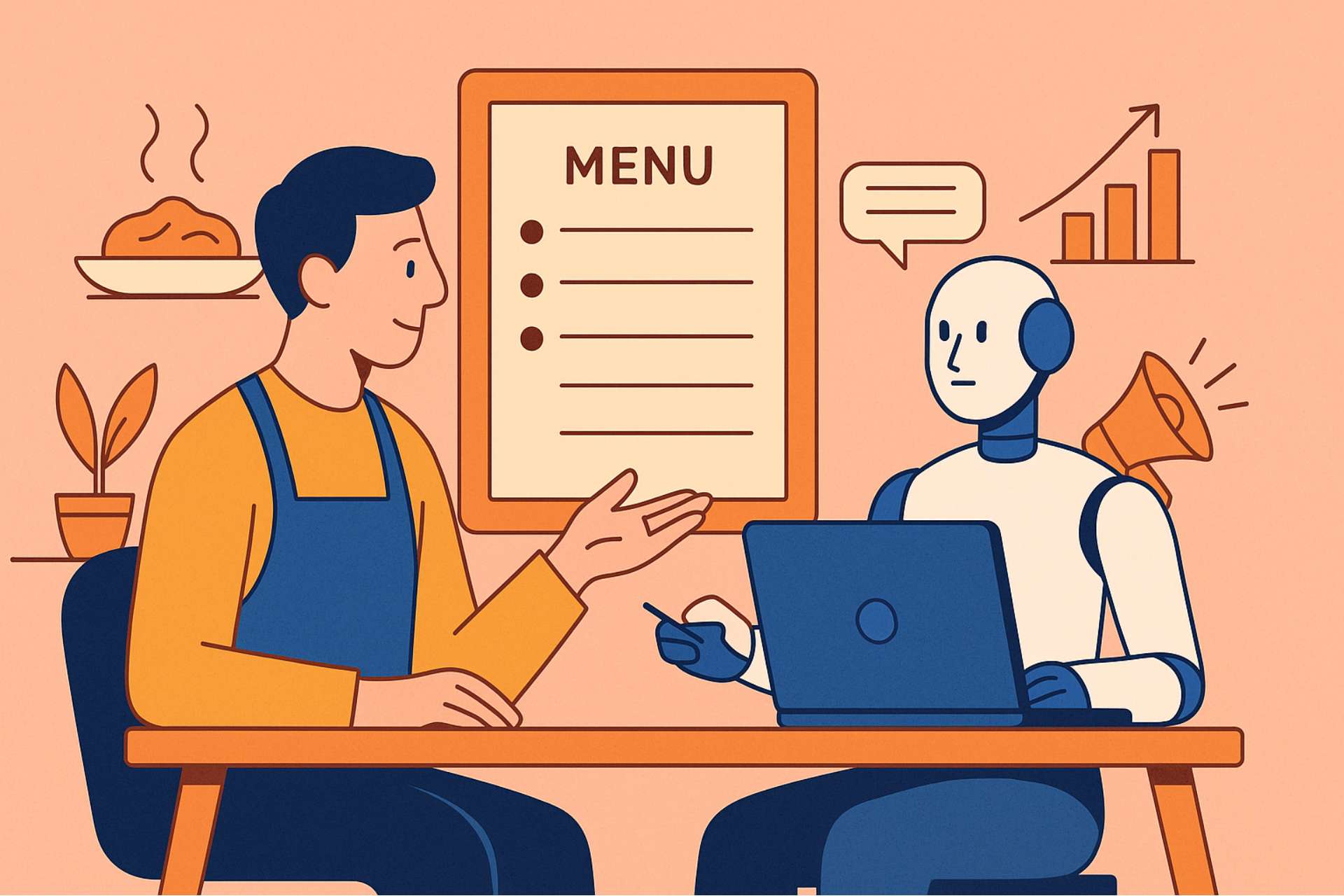How to Properly Read a Book (10 Tips)
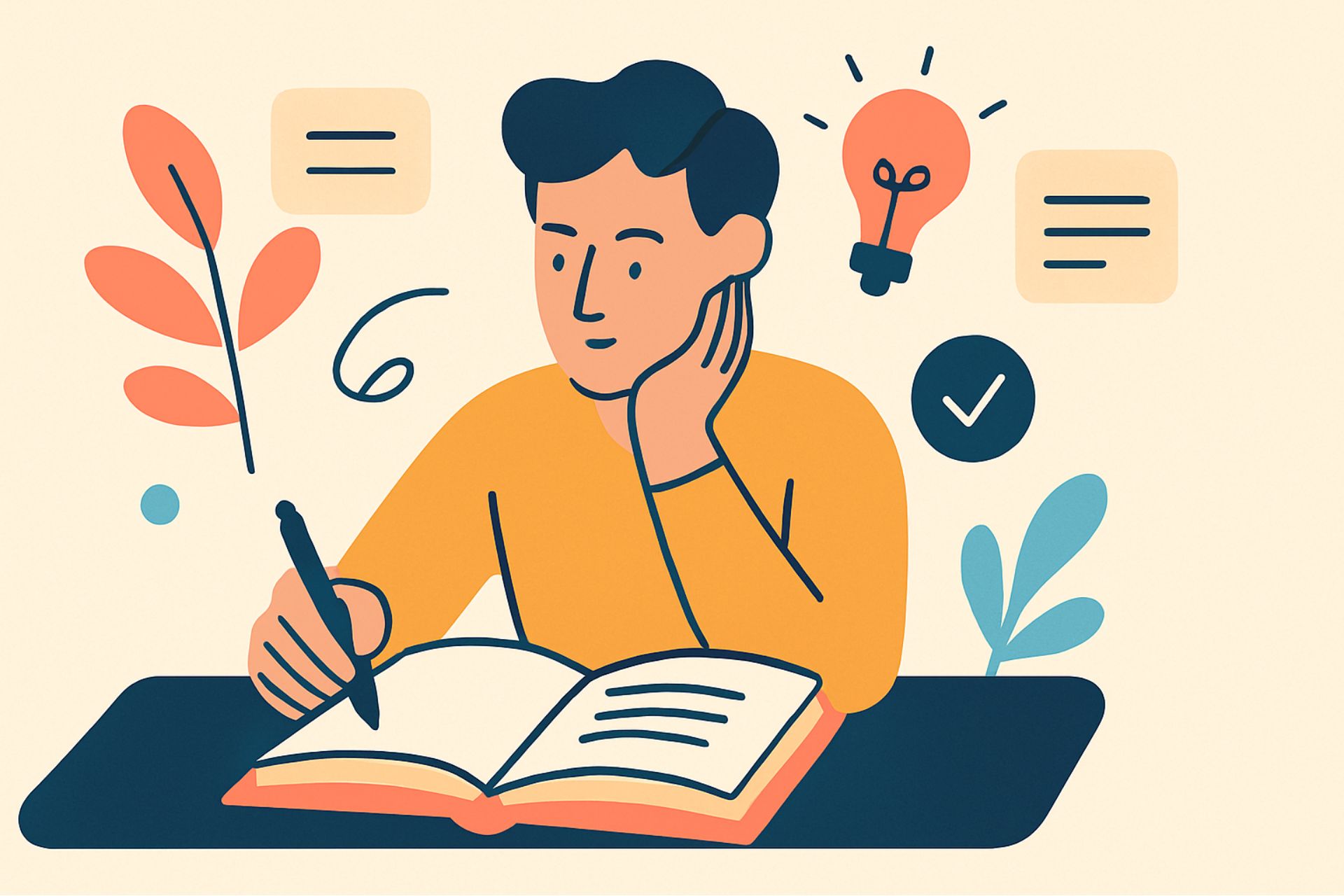
Reading a book can change your life—but only if you know how to read it properly.
Most people read just to finish. They move from one book to the next, hoping something sticks. But reading without purpose, without reflection, and without action is like eating without digesting.
To get real value from books, you need a system. You need to read actively, with intention, and with follow-through.
Here’s a complete guide on how to properly read a book, so that every page you turn adds something real to your life.
1. Read With a Purpose
Don’t pick up a book just because it’s trending or sitting on a bestseller list. Start with intention.
Ask yourself:
- Why am I reading this?
- What do I want to learn?
- What problem am I trying to solve?
When you read with a clear goal in mind, your focus sharpens. You know what you’re looking for. You become an active reader, not a passive consumer.
Example:
If you’re trying to improve your leadership skills, choose books on influence, psychology, decision-making, or biographies of great leaders. Don’t waste time on something that doesn’t serve where you want to go.
2. Always Read With a Pen in Hand
Proper reading is not just about turning pages. It’s about interacting with the material. That means you don’t read to finish—you read to retain.
Keep a pen or highlighter with you. Mark the good parts. Write in the margins. Underline the lines that speak to you.
This is how you take ownership of what you read. It becomes yours.
Why this matters:
- When you write down ideas, you remember them better.
- You can revisit your highlights anytime.
- You build a personalized summary of the book.
Don’t Rush. Pause and Reflect.
The point of reading isn’t to get through the book. The point is to get something from the book.
When you come across a powerful idea—pause.
Ask:
- How does this apply to my life?
- What decision can I make using this?
- What habit can I improve because of this insight?
If a sentence hits you hard, stop reading and think about it for 10 minutes. That’s worth more than 10 chapters skimmed in a hurry.
This is what separates readers from learners. Learners reflect.
Reread the Best Books
Some books are worth reading once. Others are worth reading 10 times.
You’ll know which ones matter because you’ll keep thinking about them long after you finish. These are the books you should reread every year.
Why? Because you change. You grow. You get wiser.
And when you return to a great book, you find new meaning in the same words. What didn’t click last year might be exactly what you need now.
Build a short list of life-changing books and revisit them regularly. Don’t chase novelty. Master the fundamentals.
Teach What You Learn
If you want to fully understand what you read, teach it to someone else.
This is one of the most effective book-reading tips:
Whatever you learn, pass it on. Explain it to your partner, your friend, your team, or even on social media.
When you try to teach something, you start to truly understand it. You simplify it. You clarify it. You personalize it.
Even better, you make the idea stick. You’re not just learning for yourself—you’re becoming a source of value for others.
Keep a Personal Library, Not a Book Pile
There’s a difference between hoarding books and building a personal library.
A pile of unread books is clutter. A library is curated. It reflects your values, your journey, and your goals.
Treat your books with respect. Organize them. Return to them. Write dates and notes inside. Make your library a mirror of who you’re becoming.
When someone looks at your bookshelf, it should tell the story of your growth.
Practical tip:
Categorize your books by topic or life area—wealth, relationships, faith, mindset, business, productivity. That way, when you’re working on a specific area of life, you know exactly where to go.
Create Action Steps From What You Read
Knowledge alone doesn’t change your life. Action does.
Every time you finish a chapter, write down one action step.
Ask:
- What can I do today with this idea?
- How can this solve a real problem I have?
- What habit or system can I build from this?
Reading without applying is like learning about exercise without ever moving your body.
Don’t just collect ideas—use them.
Don’t Follow the Masses
Just because everyone is reading a book doesn’t mean you should.
And just because a book is old doesn’t mean it’s outdated.
Be selective.
Some of the best books ever written aren’t flashy. They don’t trend on social media. But they hold timeless wisdom.
Find authors and thinkers who challenge you, not just entertain you. Look for books that stretch your thinking, not just confirm your opinions.
Tip:
Ask high-performing people what books shaped them. Then go get those books.
Keep a Reading Journal
Have a notebook or digital file where you store your best insights. After every book, write:
- A short summary (in your own words)
- The top 3 ideas that struck you
- 1 or 2 things you plan to do differently because of it
This turns books into transformation tools.
Years later, you can revisit your journal and see how your thinking has evolved.
It becomes a record of your intellectual and personal growth.
Read Daily, Even Just a Little
Reading isn’t something you do when you “have time.”
It’s a habit you build into your day.
Start with 10–20 minutes. Make it part of your morning routine or evening wind-down.
Consistency matters more than intensity.
Don’t say, “I’ll read for 5 hours on the weekend.” Say, “I’ll read 10 pages every day.” That adds up to over 3,000 pages in a year—roughly 15–20 books.
That kind of consistency changes your life.
Final Thoughts: The Right Way to Read
You don’t need to read more books.
You need to read the right books, the right way, and do something with what you learn.
Let’s review:
- Choose books with a purpose
- Read with a pen in hand
- Pause and reflect
- Reread the greats
- Teach what you learn
- Build a real library
- Take action after reading
- Curate your reading list
- Keep a reading journal
- Read every day
Books are tools. But they only work if you use them wisely.
So the next time you pick up a book, ask yourself:
“What do I want to change because of this?”
And if the answer is nothing, put the book down—and pick up one that matters.
